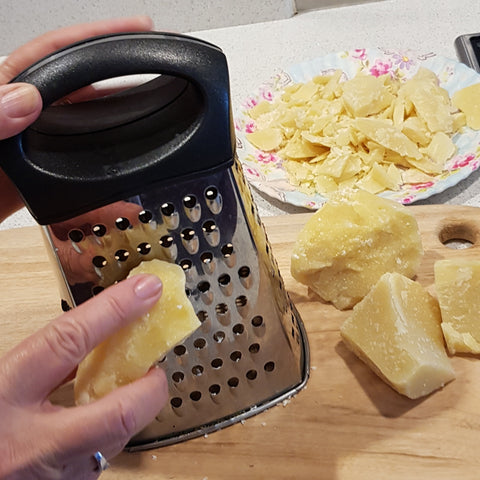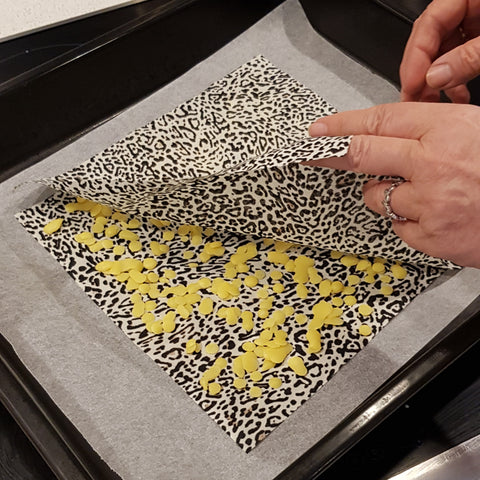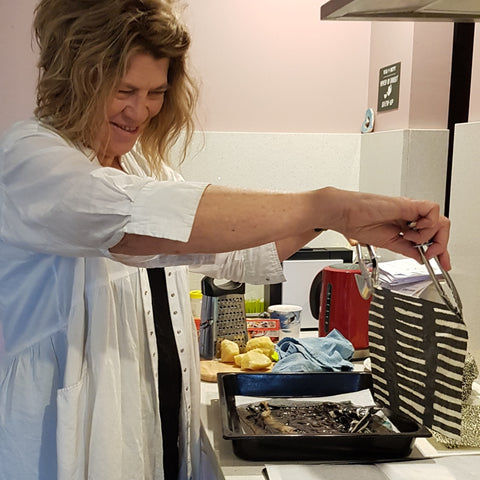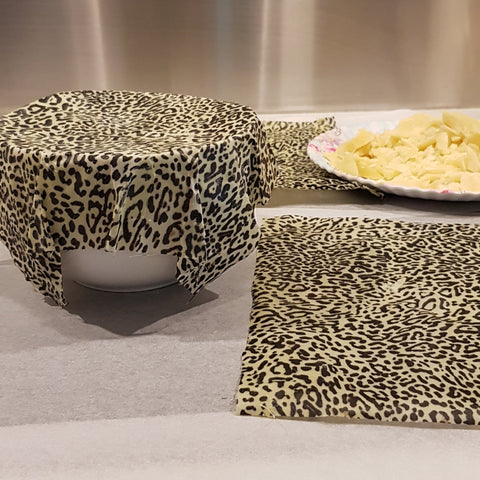Your Cart is Empty
ALL ORDERS ARE DISPATCHED THE NEXT BUSINESS DAY

WHY?
In our attempt to reduce plastic waste, candle makers can use scraps of silk or cotton with melted beeswax to make kitchen wraps and covers.
Safety is our priority with all our projects, so please follow these recipes carefully, please keep the kids at a distance or do this one when they are in bed!
Thin old shirts would work well, as would silk scarves, quilting left overs, old cotton frocks etc, you get the picture. The silk samples we made resembled plastic wrap as they were so fine.
For the really crafty, a fine line of elastic threaded around can turn the flat wrap into an easy fit lid for bowls.
Collect:
Method:






** if there is too much wax, you can pop another piece of fabric in between to 'wick' the beeswax, using the excess
** in the future, you can always iron the pieces to mend cracks and make them look like new again (maybe between some paper to protect your ironing board
Done, I hope you have enjoyed this project. Here is the finished item.
